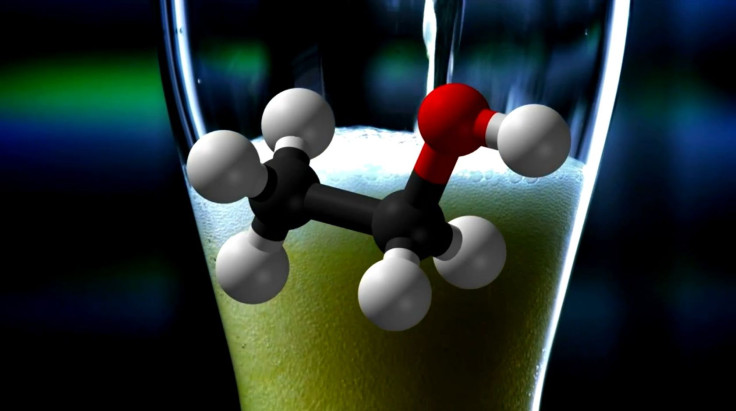St. Patrick’s Day Drinking: How to Avoid Messy Hangovers [VIDEO]

St. Patrick's Day drinking often goes to excess- a new video from the American Chemical Society (ACS) explains how alcohol affects your body, and tells you how to avoid extreme hangovers this weekend.
While traditional Irish celebration include eating Irish soda bread and eating corned beef and cabbage on St. Patrick's Day, most revelers mark the event by ingesting copious amounts of alcohol.
As any heavy drinker knows, a hangover is an inevitable consequence of a wild night out. All sorts of weird remedies exist for hangovers, and research suggests some possible cures.
Negative effects of a hangover include:
- Headaches, caused by low blood sugar and allergic reactions to liquor ingredients
- Nausea and upset stomach, from excess stomach acid secretion
- Thirst, from alcohol's dehydrating effects on the body.
If you do go for the green beer in your St. Patrick's Day drinking this weekend, Bytesize Science lays out everything you need to know about the science of how boozing affects your body in just under four minutes.
Watch this video for tips on managing your St. Patrick's Day drinking behavior this weekend:
The best advice anyone can offer for St. Patrick's Day drinking is moderation. Know your own limit, and keep tabs on how much you've been drinking throughout the day.
If you do indulge in heavy St. Patrick's Day drinking, remember these tips:
- One beer, one glass of wine, or one shot of liquor per hour increases your blood alcohol content (BAC) by 0.03%.
- Eating lots of protein after you drink can slow your body's alcohol absorption, which delays the effects of alcohol intoxication.
- The carbon dioxide in mixed drinks with soda actually moves alcohol through your body faster
- Dark liquors and beer contain high levels of chemicals called congeners, which can lead to stronger hangover headaches
Just remember- whatever you do, don't drink and drive, on St. Patrick's Day or any other day, and make sure you have buddies who are looking out for you throughout the night.



























